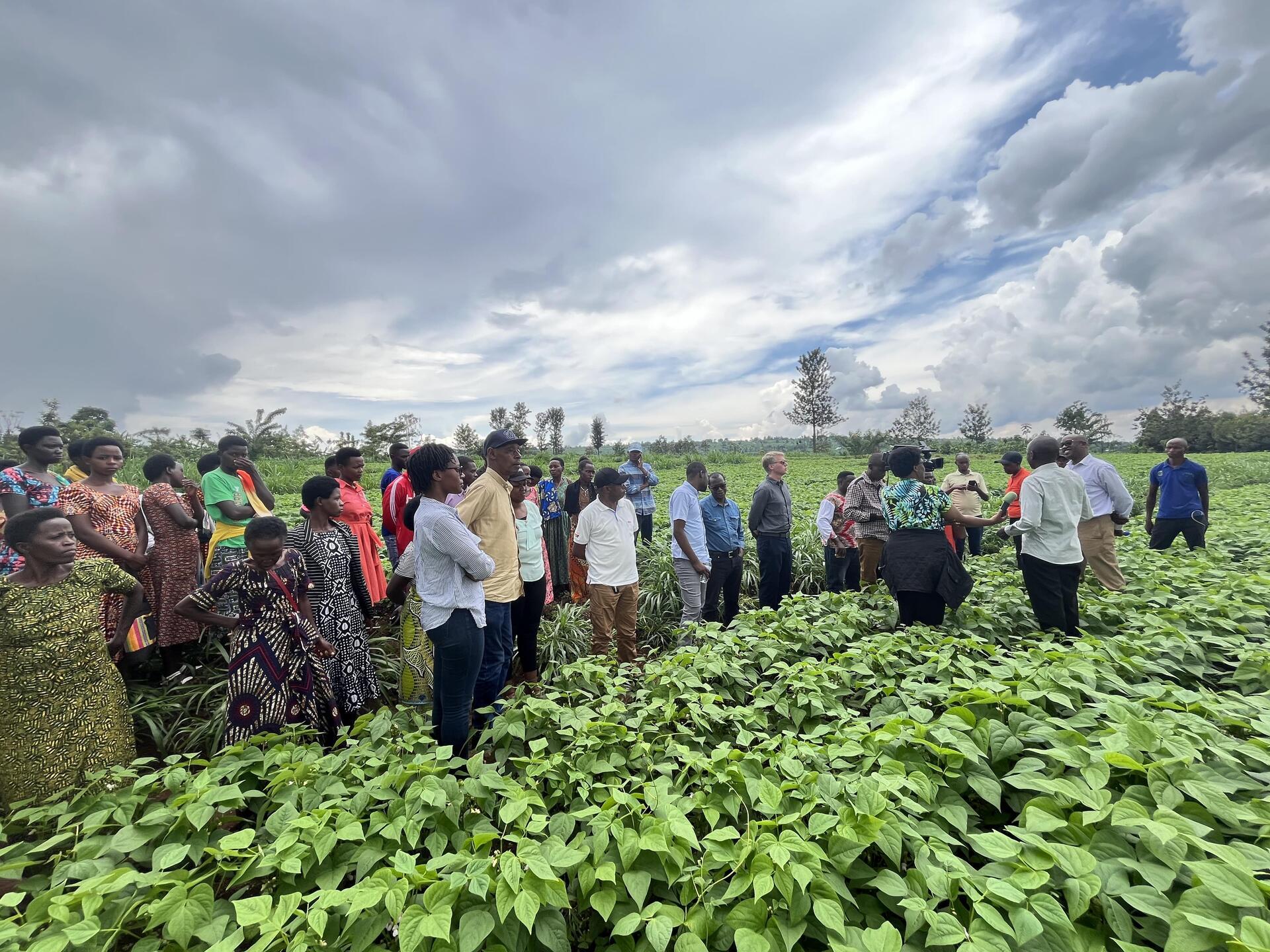
Agricultural experts and farmers across Africa are turning to China-developed Juncao technology as a game-changing solution for food security, livestock feed, and sustainable farming, as climate change strains traditional agricultural systems.
The hybrid grass, originally developed for mushroom cultivation, has become a key component in climate-smart agriculture, with Zimbabwe, Nigeria, and Rwanda leading efforts to scale its adoption.
During a week-long workshop held from July 16–23 in Rwanda’s Huye District, Zimbabwean agriculture specialist Innocent Shayamano praised Juncao’s “life-changing” impact, noting its exceptional yield of 200 tonnes per hectare.
“It replaces scarce cotton waste for mushroom farming and offers affordable livestock feed as climate change dries traditional sources,” he said, adding that the technology supports Zimbabwe’s Vision 2030 rural development agenda. Participating farmers from multiple countries will return home as trainers to help drive national implementation.
Nigerian farmer Abbas Ahmad Umar described Juncao as a “grass of grace,” highlighting its contribution to poverty reduction and women’s empowerment. “I’ll train communities back home — mushroom cultivation unlocks income with minimal land,” he stated.
The training, co-hosted by Rwanda’s Ministry of Agriculture, the United Nations, and China’s Fujian Agriculture and Forestry University, equipped farmers and agricultural officers from across Africa with techniques in soil conservation, circular farming, and sustainable fodder production.
Experts note that Juncao, which thrives with minimal water and requires no pesticides, could reshape rural economies by boosting smallholder productivity, generating new income opportunities, and cutting reliance on costly feed imports. Rwanda’s pilot programs have already reported measurable gains in crop output and livestock nutrition, underscoring its potential as a scalable tool for climate adaptation across the continent.



